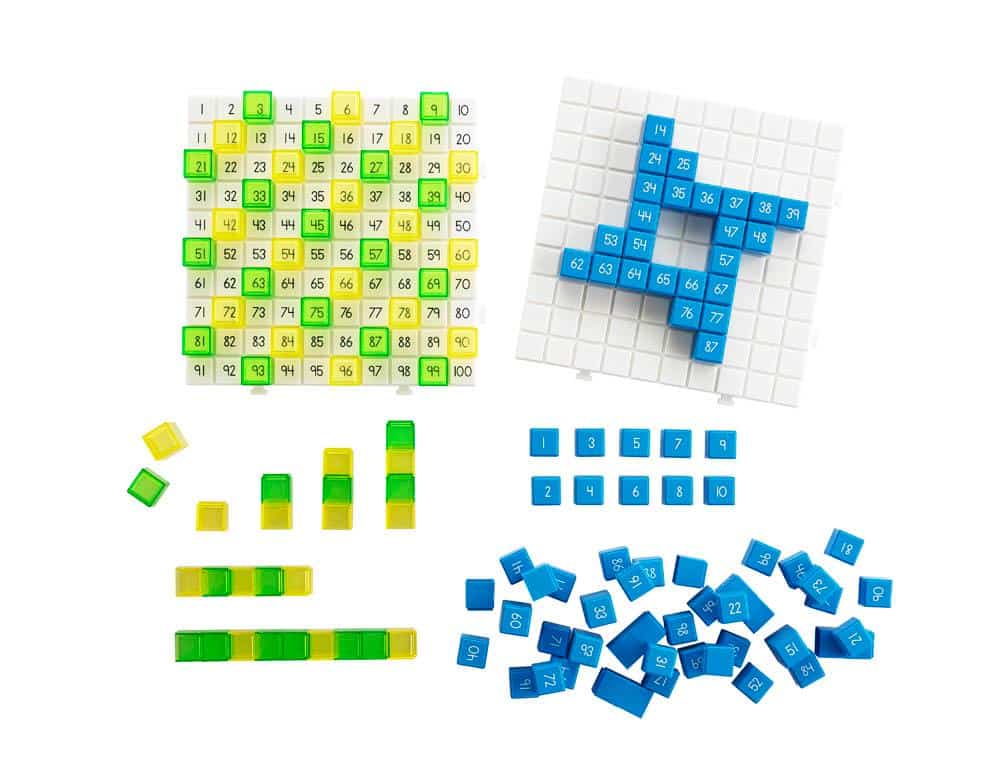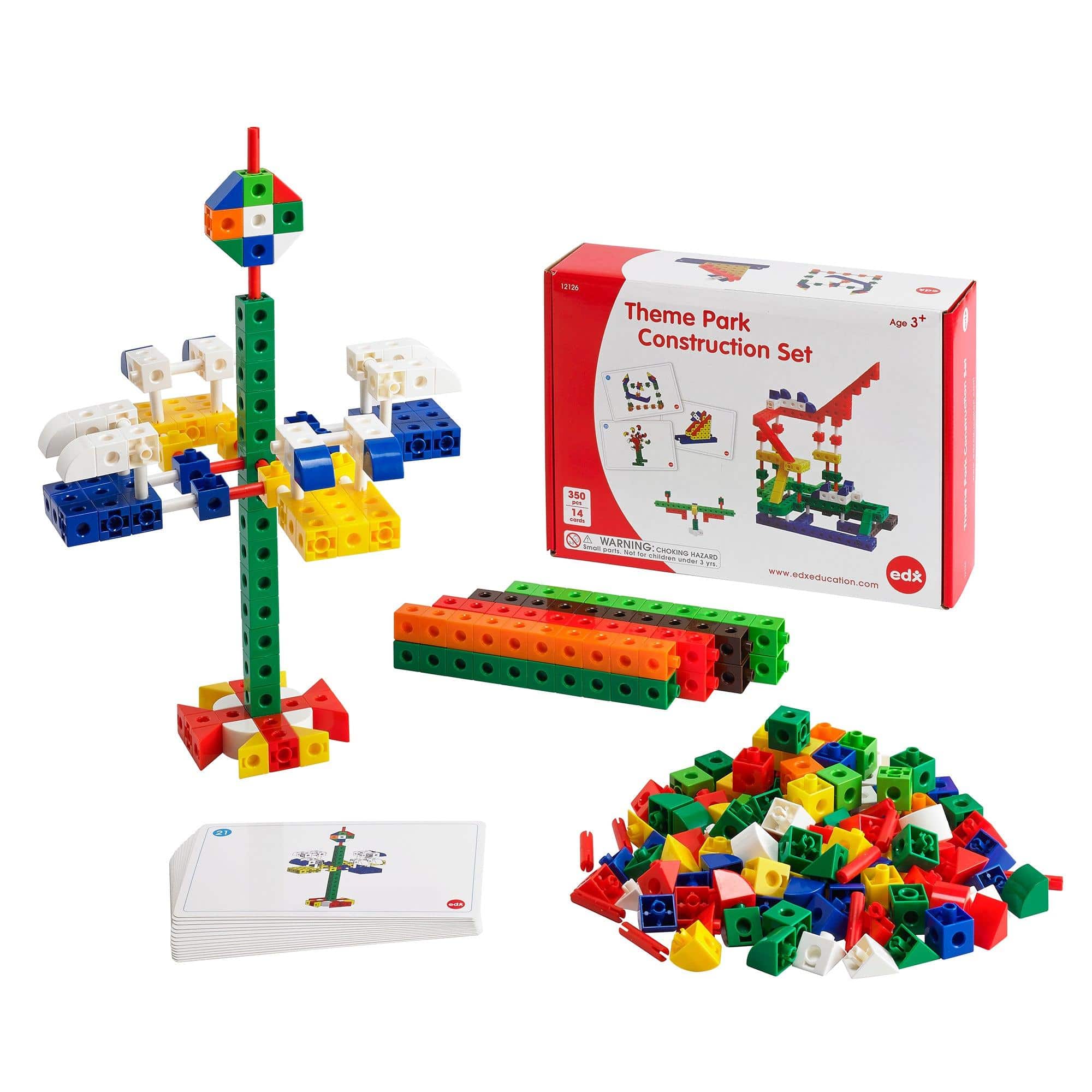The Connection Between Toys and Time Management Skills
Introduction
When you think of toys, you might not immediately associate them with time management skills. However, toys play a significant role in shaping a child’s ability to manage time effectively. In this article, we will explore the connection between toys and the development of time management skills.
The Importance of Time Management Skills
Time management skills are crucial for success in various aspects of life. From meeting deadlines to prioritizing tasks, individuals who possess good time management skills are generally more productive and organized. Developing these skills from an early age can have a positive impact on a child’s future.
How Toys Can Help Develop Time Management Skills
1. Toys with Built-in Timers: Some toys, such as board games or puzzles, incorporate timers into their gameplay. This feature encourages children to complete tasks within a specific timeframe, teaching them the importance of managing time effectively.
2. Activity-based Toys: Toys that require children to engage in activities within a given time frame help them understand the concept of time limits. For example, building blocks with challenges that need to be completed within a certain time not only enhance creativity but also teach children how to pace themselves.
3. Role-playing Toys: Role-playing toys like kitchen sets or doctor kits often come with pretend clocks or timers. Children learn to allocate time for different activities while engaging in imaginative play, which helps them develop a sense of time management.
4. Electronic Learning Toys: Many electronic learning toys come with features like alarm clocks, countdowns, or digital calendars. These toys introduce children to time-related concepts and encourage them to follow schedules and routines.
5. Board Games: Board games, especially those that involve making decisions within a limited time frame, can enhance a child’s ability to make quick and strategic choices. These games promote time management skills by requiring players to think and act quickly.
The Benefits of Developing Time Management Skills
1. Increased Productivity: Good time management skills enable individuals to complete tasks efficiently, leading to increased productivity in both personal and professional settings.
2. Reduced Stress: Effective time management helps individuals better manage their workload, resulting in reduced stress levels. This is particularly important for children, as it helps them avoid feeling overwhelmed.
3. Improved Organization: Time management skills teach individuals to prioritize tasks and stay organized. This skill translates into better planning, scheduling, and overall organization in various aspects of life.
4. Enhanced Decision-making Abilities: Time management skills require individuals to make decisions and allocate time appropriately. This practice strengthens decision-making skills and helps individuals become more decisive in other areas of life.
5. Achieving Goals: By effectively managing their time, individuals can work towards their goals and achieve them in a timely manner. This builds a strong sense of accomplishment and boosts self-confidence.
Conclusion
The connection between toys and time management skills might not be immediately evident, but the influence of toys on a child’s development in this area should not be underestimated. By incorporating toys that promote time management skills into a child’s playtime, parents and caregivers can help set the foundation for success in managing time effectively throughout their lives.


